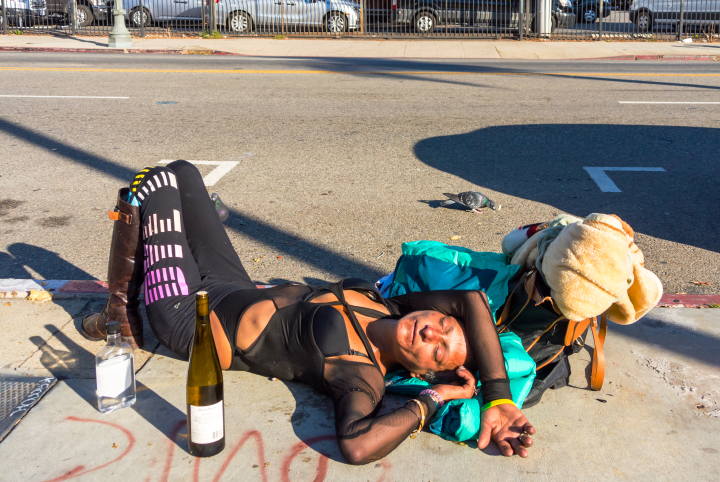
Why do we do the things we do? Culturally, there are a variety of reasons: for the thrill of it, for the heck of it, for love, for spite, for money, for power, for good health, out of necessity, because we want to help, in order to control outcomes, or maybe just to be contrary. The list is long. But physiologically, within the brain itself, we mostly do things because, in the end, it feels good. It gives us pleasure, feelings of satisfaction. Sometimes, moderate but pleasing satisfactions. Other times, immense blissful satisfaction. Reward centers within our brains tell us we have done, or are doing “good”, by rewarding us with feelings mediated by endorphins and the neurotransmitters dopamine and GABA. Recent studies have found direct neuronal links between areas of the brain’s prefrontal cortex, responsible for ideation, planning, and volition, and other areas of the brain responsible for feelings of pleasure and satisfaction. In other words, thoughts and perceptions, entirely without action, can and do prompt feelings of pleasure and satisfaction, which likely explains the pleasure most of us experience receiving a kind word, a gentle touch, a welcoming hello, or encountering arresting art, reading an engrossing story, listening to enchanting music, or toying with fanciful dreams, plans, and imaginings. But, why do some of us choose to entirely bypass healthful culturally sanctioned ideation, or even all social interaction, in favor of foreign substance induced release of endorphins and dopamine? Perhaps another recent study gives us a clue. Within the discipline of psychotherapy, there is a mode of treatment, Acceptance and Commitment Therapy (ACT), that relies on something called “psychological flexibility”. It has long been known that some folks take well to ACT and rather easily and quickly show marked improvement. But for others, that mode of therapy can be long and tedious with only marginal improvement. Patients differ in the ease with which they can accept the reality of their psychological difficulties and commit to new kinds of ideation more likely to produce healthful rewards of pleasure and satisfaction, and in the process help put to sleep older more self-destructive forms of ideation. That new study found a way to pre-evaluate patients along a scale of psychological flexibility so they might better receive the most appropriate modes of therapy toward less self-destructive, more socially integrating, and personally fulfilling forms of ideation. Earlier studies have found that users of foreign substance induced feelings of pleasure find it harder and harder to achieve anything close to the bliss of their first “high”. Instead, they find themselves in a downward spiral of increasing difficulty at just feeling normal, never mind blissful. A 2006 study found that as cocaine addiction progresses, dopamine receptors responsible for quelling cravings become less active while dopamine receptors responsible for increased cravings become more active. In other words, with increasing substance abuse, obsessional cravings begin to dominate consciousness as psychological flexibility and the ability to see, appreciate, and utilize optional ideation decreases. One might also observe the same symptoms exhibited by those overly obsessed with other forms of self-serving satisfaction-seeking ideation, like obsession to build a wall, purge all foreigners, resist limitation, acquire assets, monopolize resources like water, food, medicine and industrial raw materials, or impose rigid systems of beliefs like Christianity, Islam, and Totalitarianism. The question remains, how do we as a society, as the parents of succeeding generations, improve developmental pathways that result in citizens with high psychological flexibility, high tolerance for diversity, and a high capacity for creative ideation likely to result in more equitable distributions of socially and ecologically responsible forms of satisfaction and pleasure? Any ideas?? |
• Posted: Jan 31, 2019 22:44:09
• Comments Welcome
• Vote CoolPhotoblogs
• Purchase a Print
• Share
Friday, November 23rd, 2018 Los Angeles/Hollywood CA USA |